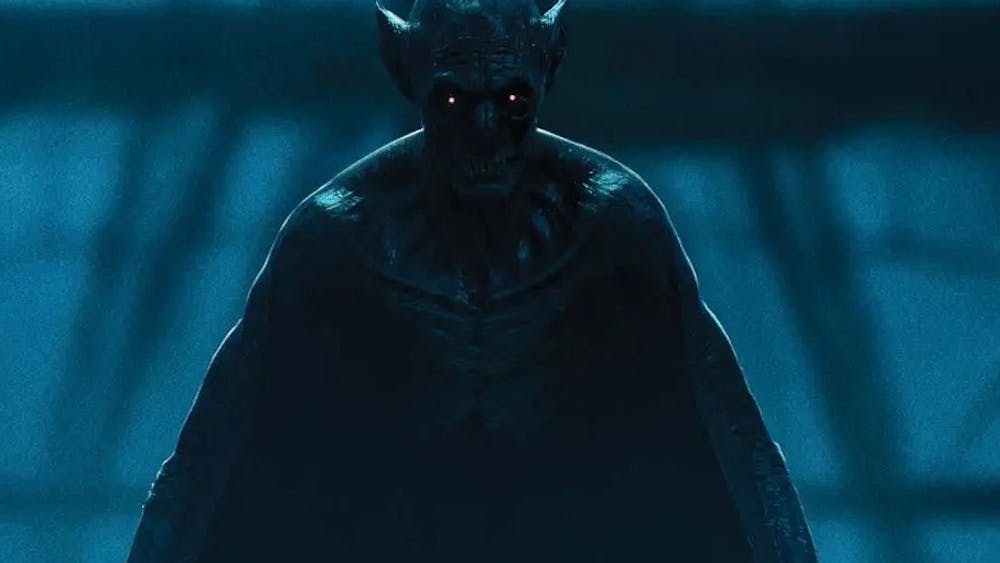Often IU opera will choose an opera of such rarity and beauty that one wonders why it is not more often performed. Such is the case with Carlisle Floyd's musical drama "Susannah," which was the most recent piece produced by the Opera Theater.\nThe opera itself is a breathtaking piece of music full of drama and heavenly touches that make it one of the best modern American operas.\nBut the treatment by Opera Theater did not do Floyd justice.\nAlthough the production at the Musical Arts Center Saturday had its share of stellar moments, overall there were a great many problems with the production. Errors were apparent and could easily have been avoided with pre-planning and communication.\n"Susannah" takes place in New Hope Valley, Tenn., where preacher Olin Blitch has come to lead a revival. The townsfolk condemn Susannah Polk (basically because she's pretty) as being a loose girl who has the devil in her. In reality she's as down to earth as one could be. When the townsfolk catch her bathing naked in a creek, their suspicions appear to be proven.\nThe preacher prays for Susannah's soul but has other intentions in mind as he visits her at home. The opera ends with Susannah's brother Sam shooting the preacher and Susannah alone in the world -- condemned from society.\nThe entire production takes place behind a scrim decorated with a trellis pattern -- a convention that did not seem to work for this show. Because the opera is supposed to be verismo and in-your-face, the use of the scrim seemed to contradict that precept. The scrim blocked the audience from the action on stage, which was something unexpected and ineffective.\nOther production problems were derivative of the set design from C. David Higgins. While the use of the raked stage -- similar to the rake used for "Wozzeck" -- drew the audience closer, the scrim blocked it again.\nAlso, while the set was effective and aesthetically pleasing to look at, it also made it difficult to perform scene changes smoothly and quickly. Many scene changes were performed in the dark without underscore, which is not the fault of the composer, and they took between two and three minutes to perform each time.\nBecause of these problems, the flow and pace of the show was sorely disrupted, and it had audience members conversing out loud rather than paying attention to the action on stage.\nBut when the opera was being performed there were some incredible vocal performances. Maestro Christopher Larkin and the Philharmonic Orchestra were top notch, with perfect balance. Attacks were sharp and strong, and the phrasing was masterful as each moment of the score was drawn out to its most shining beauty.\nCynthia Watters, a graduate student, as the title role was a joy to listen to. Her aria in act two, "The trees and the mountains are cold and bare," was performed with beauty, precision and longing -- it alone was worth a bravo.\nSenior Nicholas Coppolo as her brother Sam was also great to watch and listen to. His natural charm made it easy to understand his action at the end of the opera.\nOverall, the singing was very good, but it was difficult to hear most of the singers above the orchestra, even with microphones. For the most part, the acting was fairly dismal, but this was a very difficult opera to act.\nLighting designer Michael Schwandt's lighting added much to the atmosphere and mood of the production. The last moment with Susannah alone in her spot, center stage was quite effective, emphasizing her loneliness and condemnation.\n"Susannah" is a very beautiful opera with music from ranging from folk tunes to dramatic aria. The production at IU, however, could not do it complete justice. While beautiful singing and accompaniment was a strong force throughout, the pacing problems derivative from design elements disrupted the flow and took away from the performance.
'Susannah' hurt by distracting set
Get stories like this in your inbox
Subscribe





